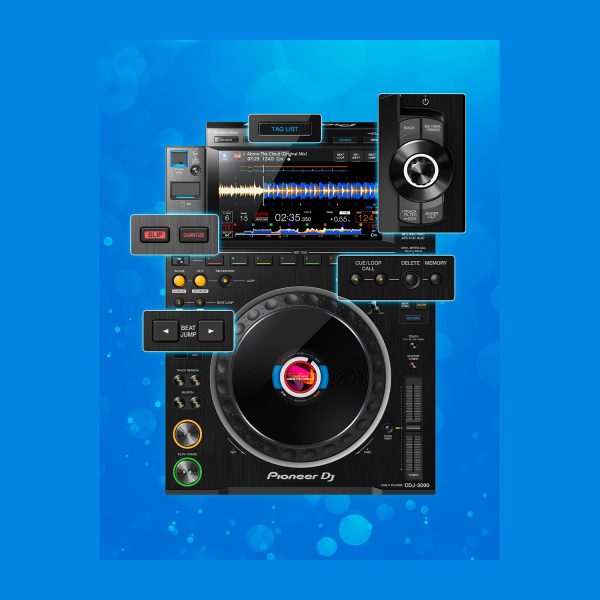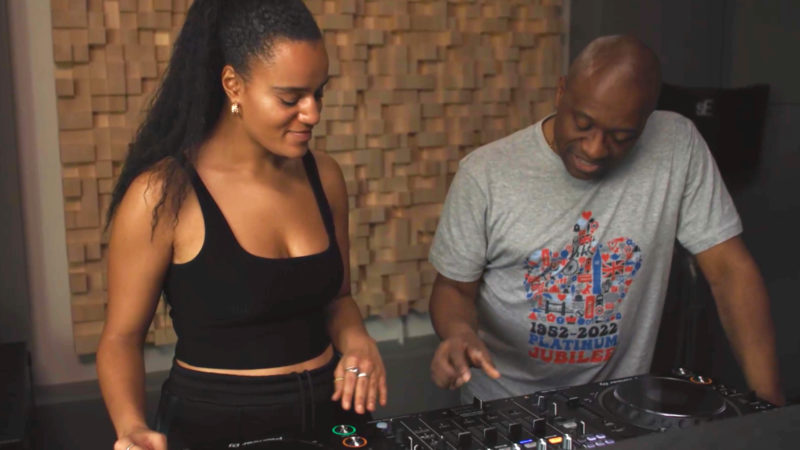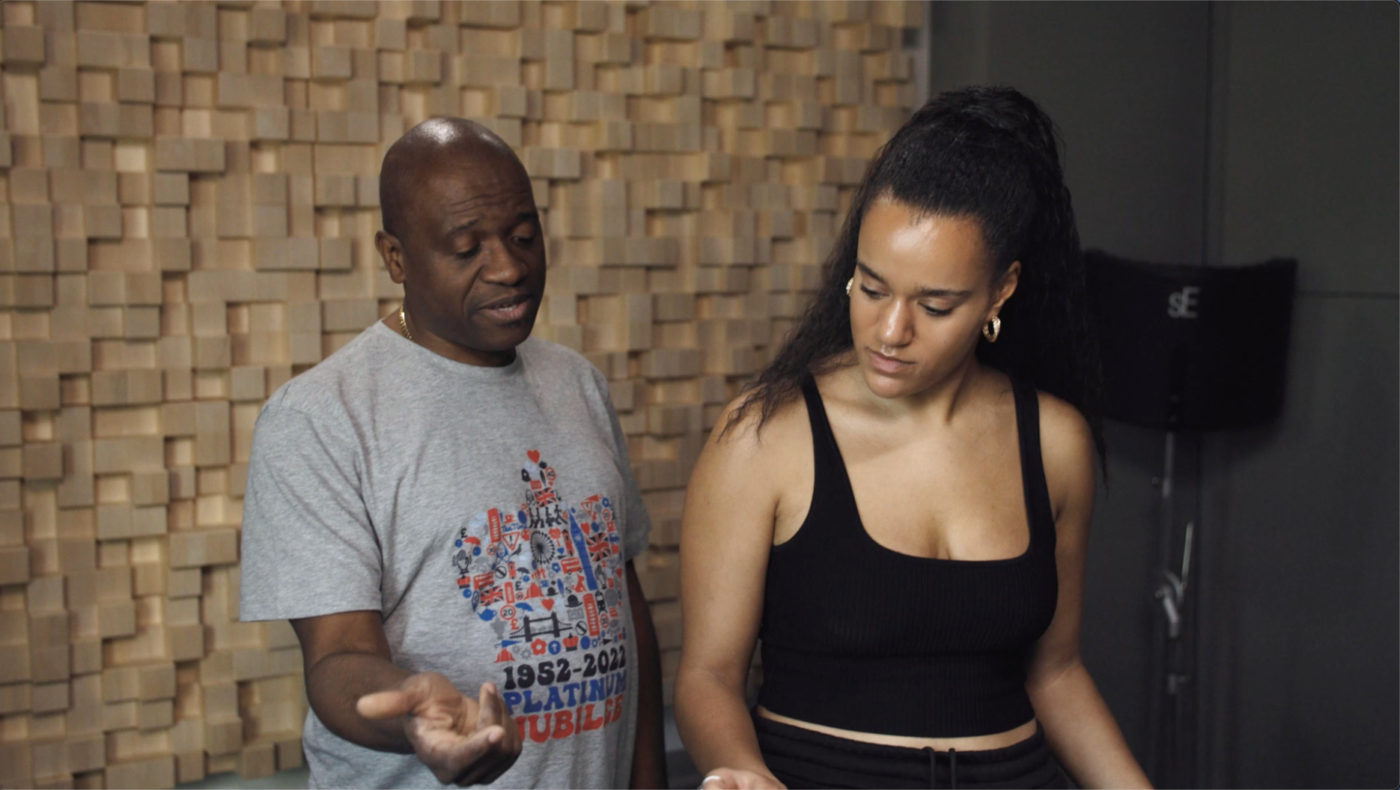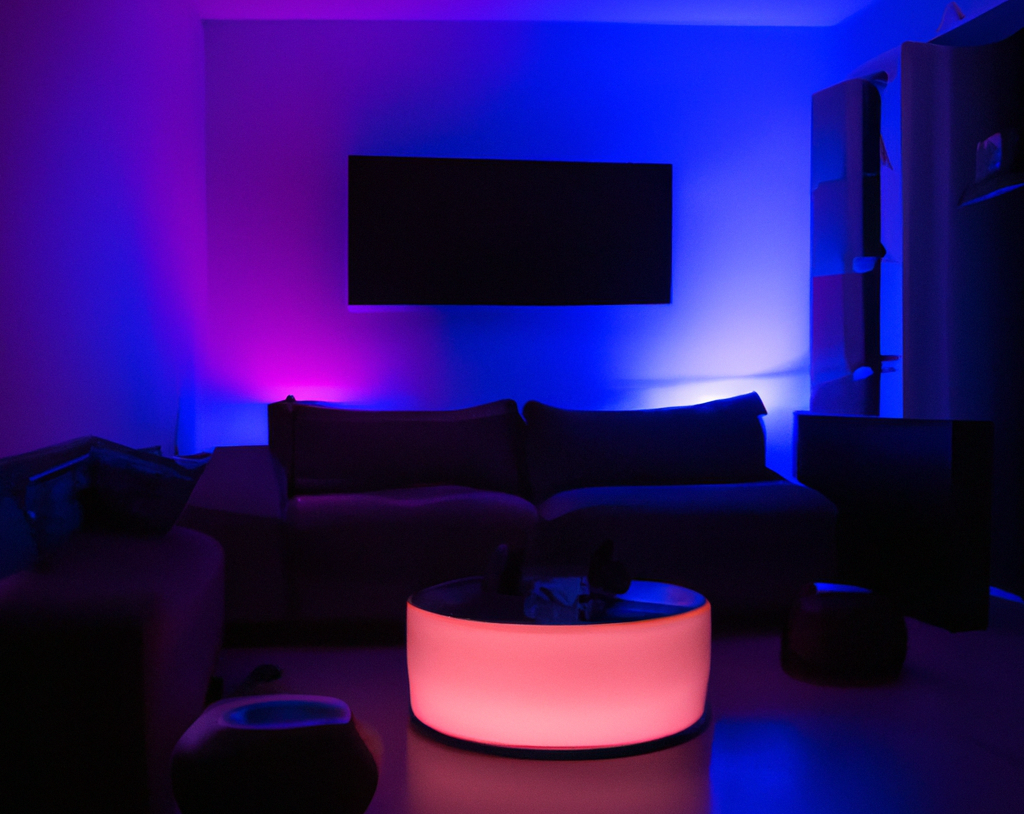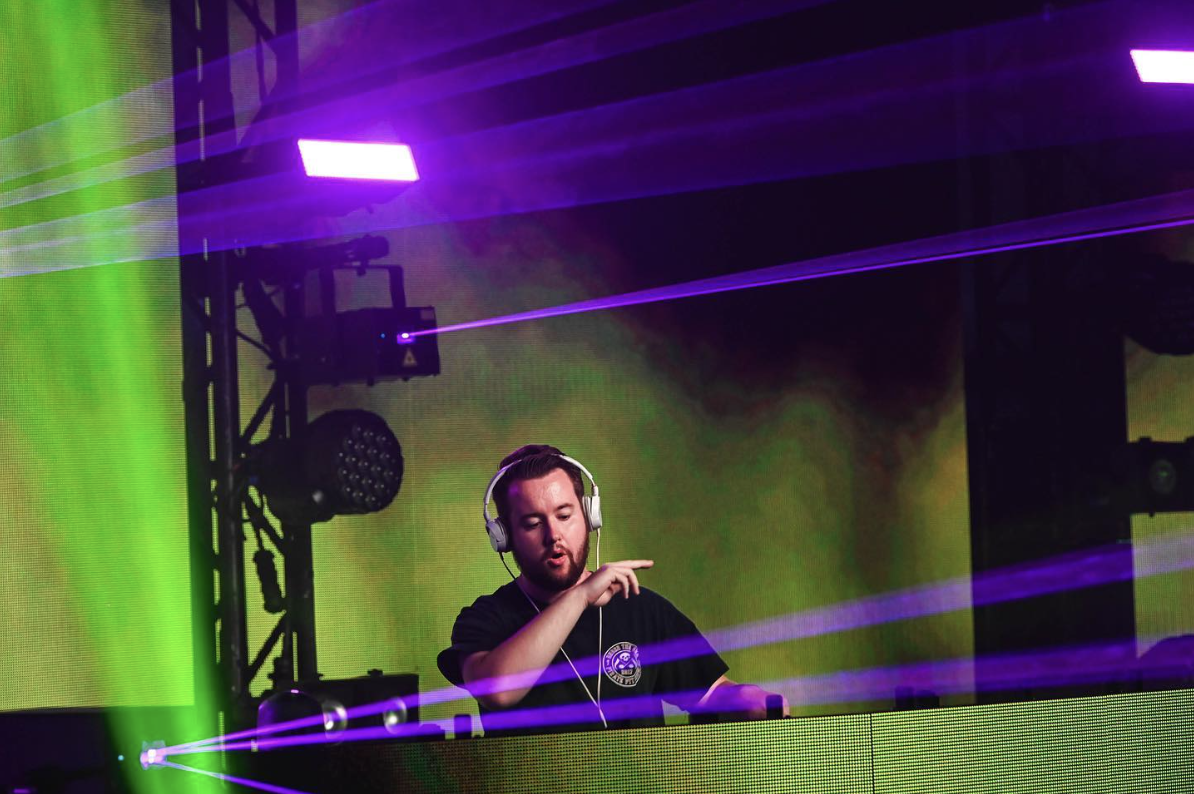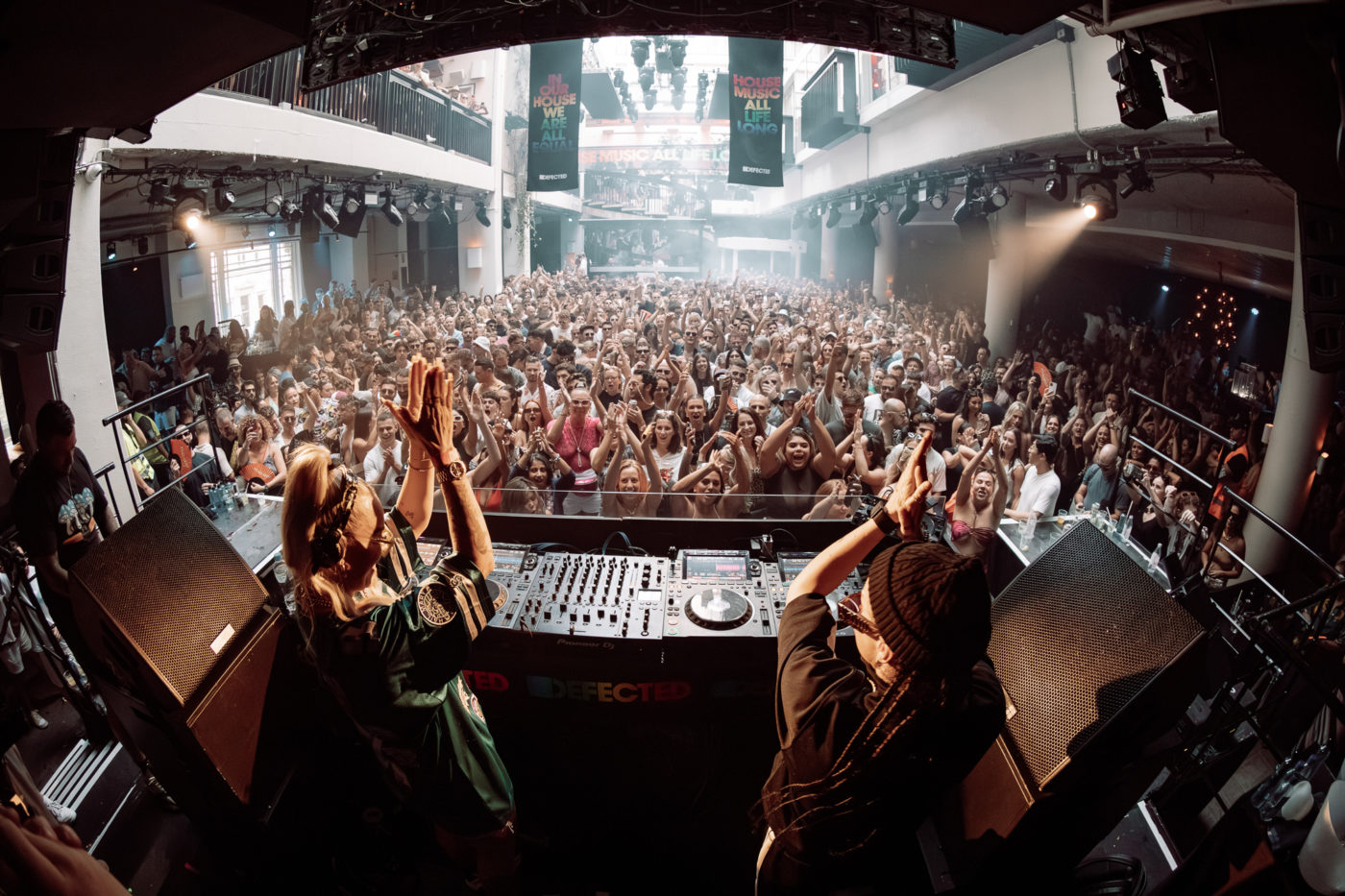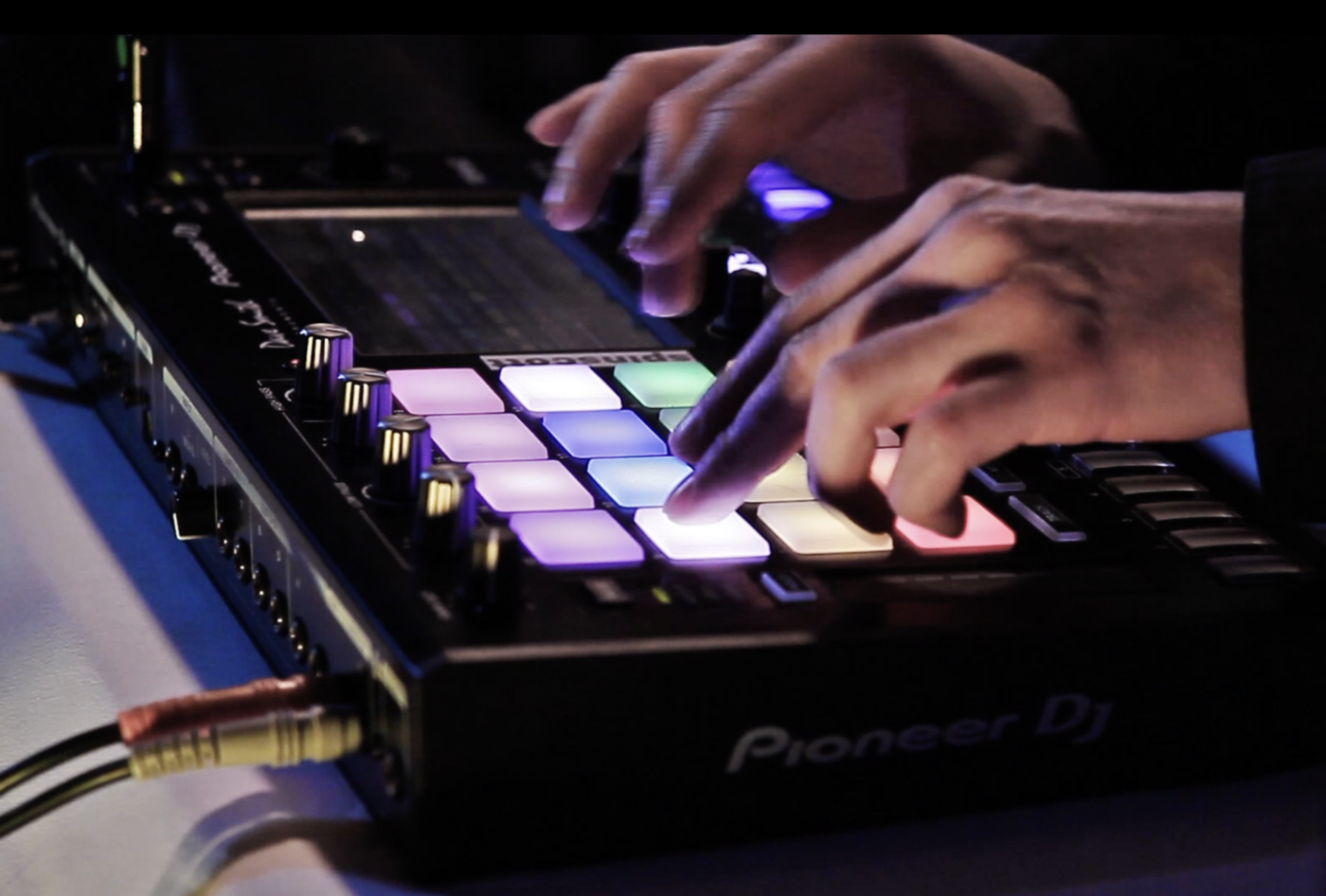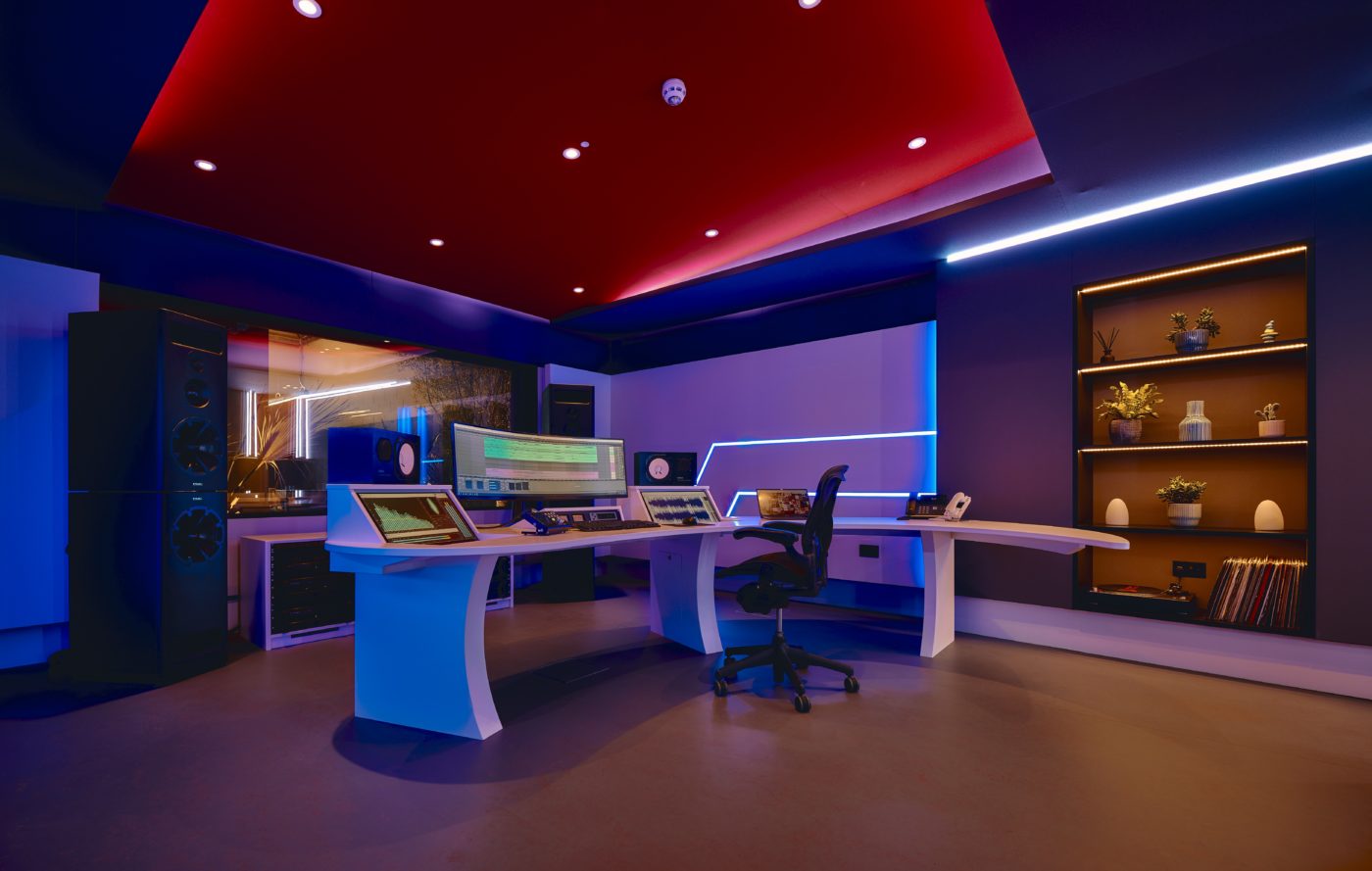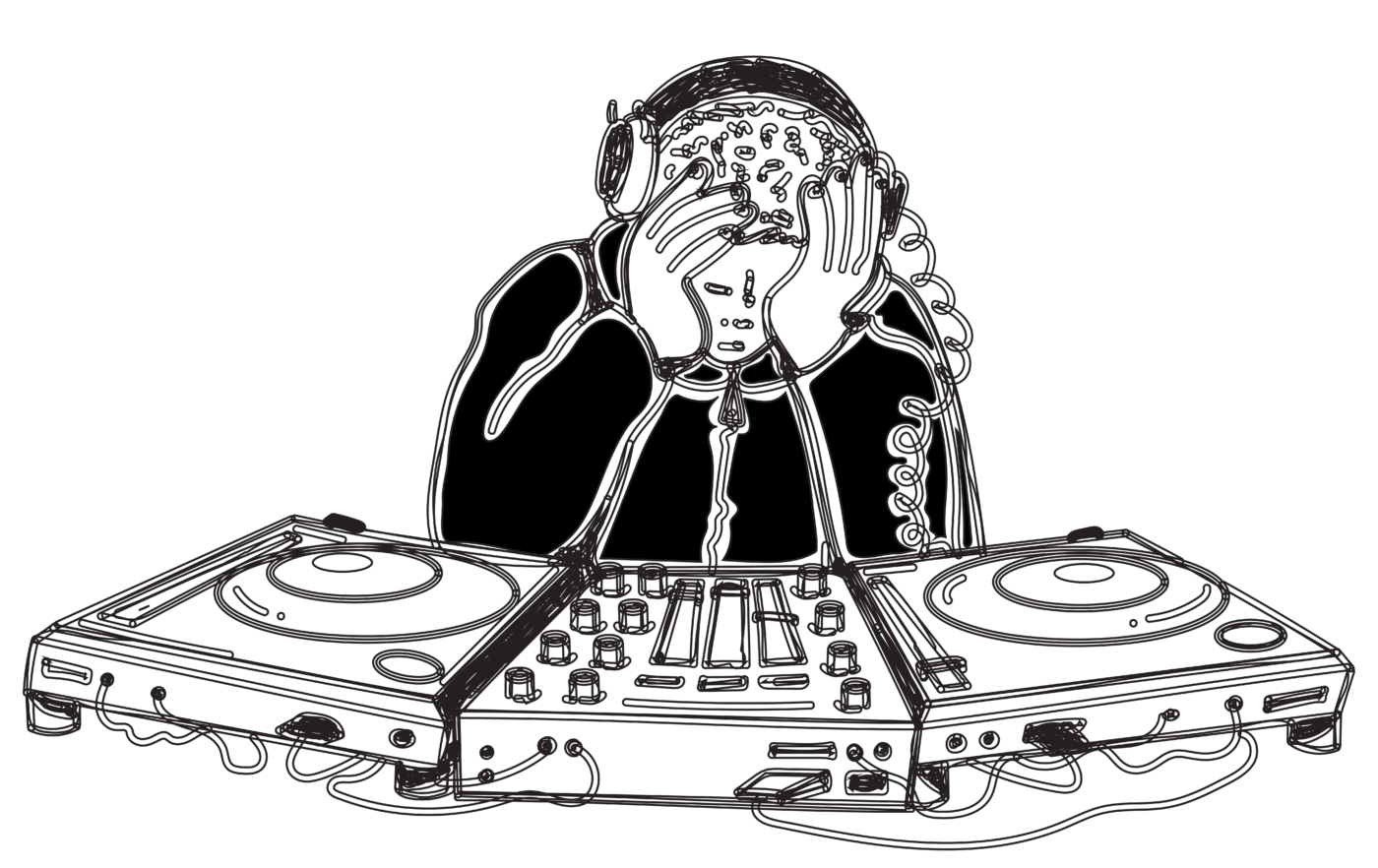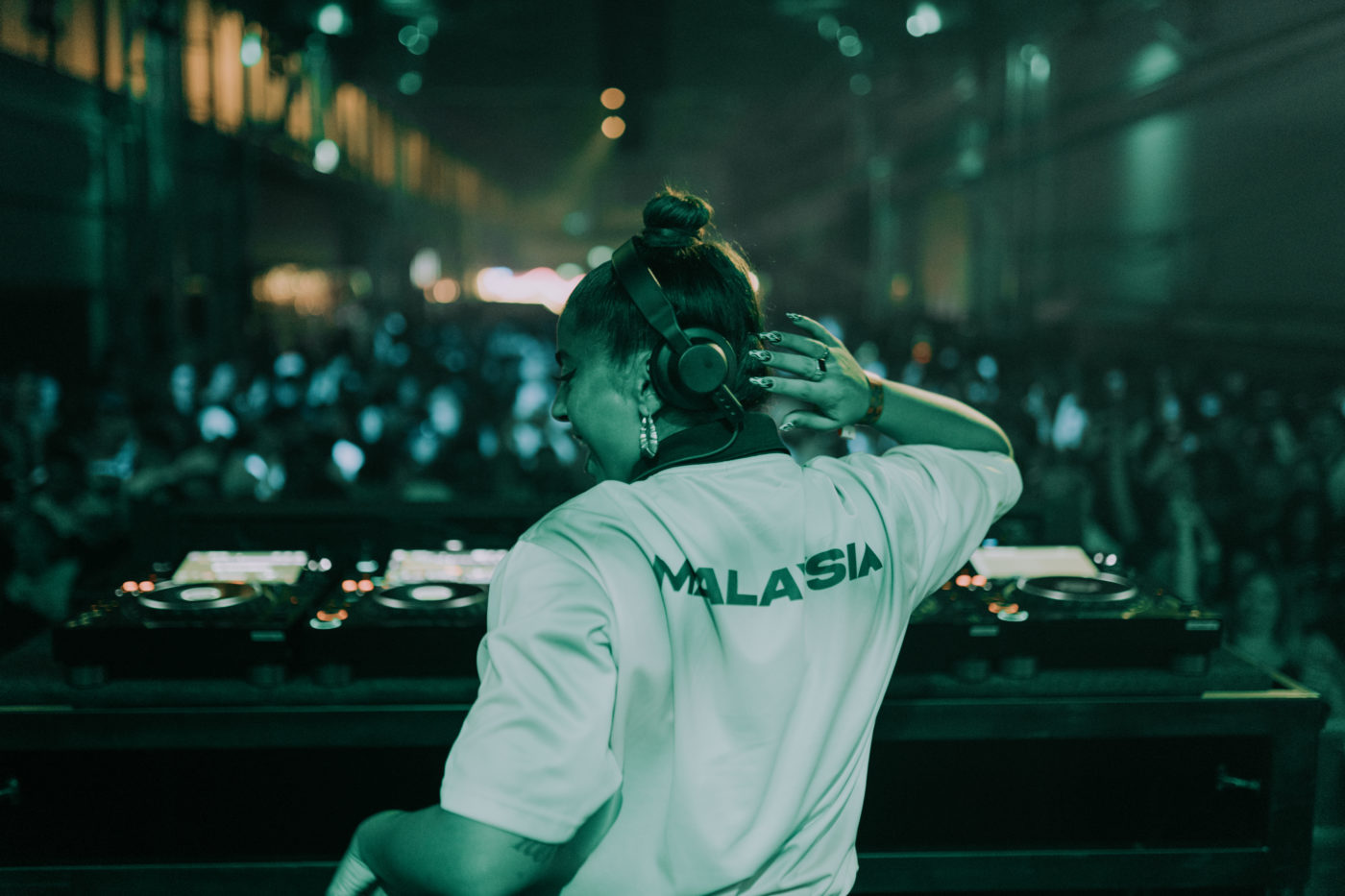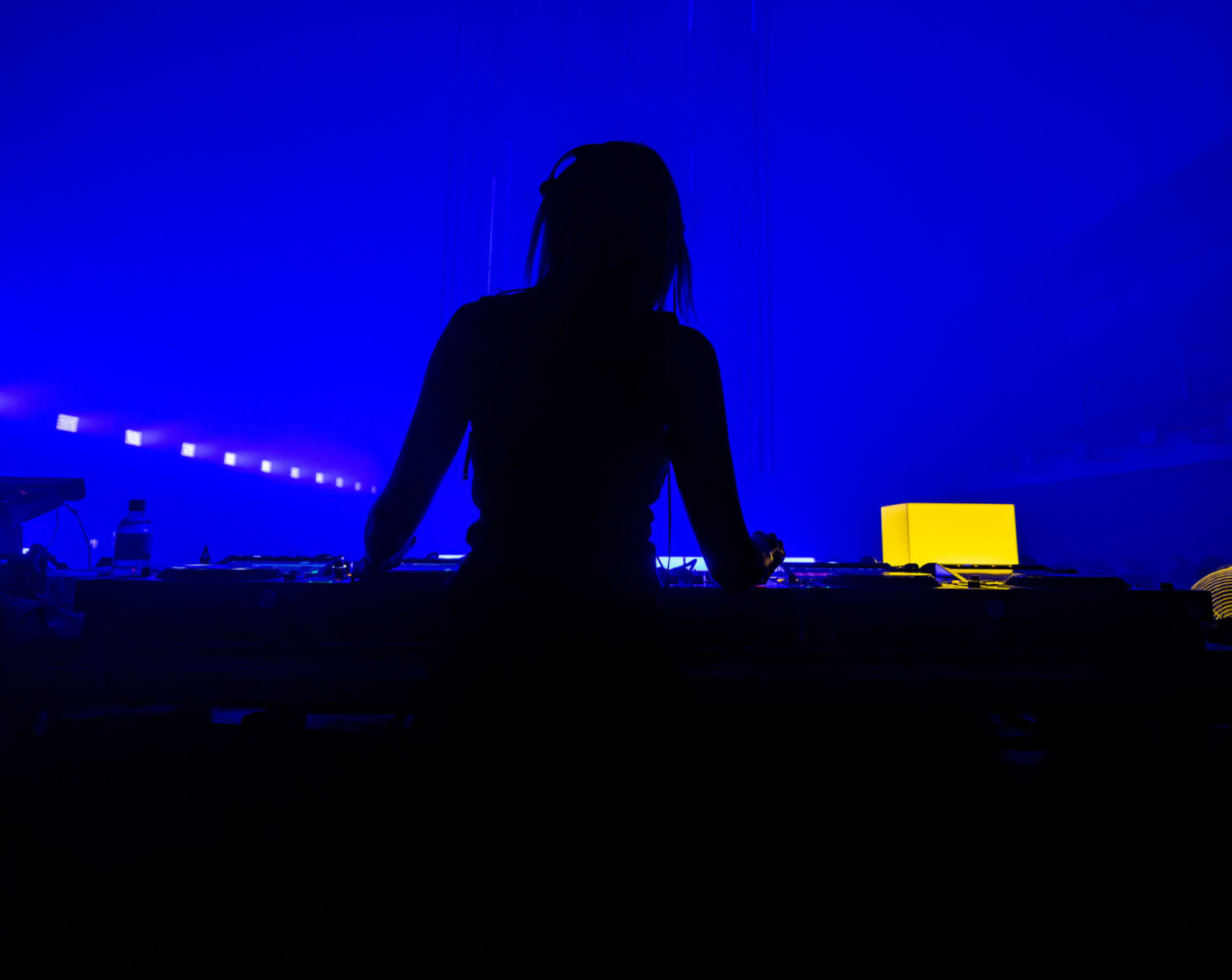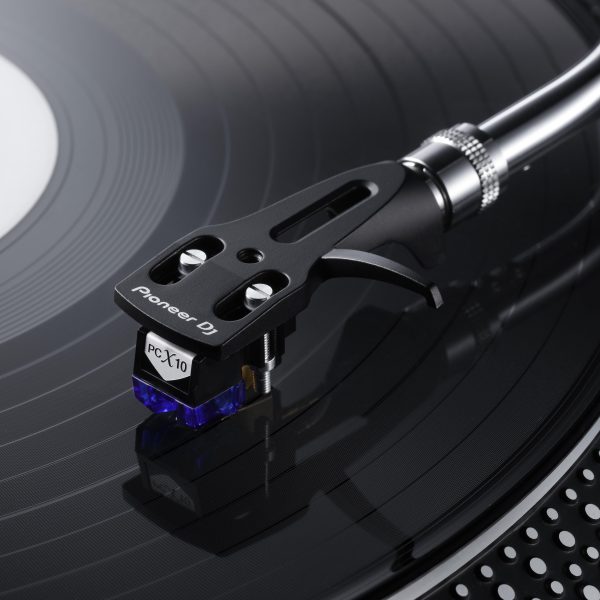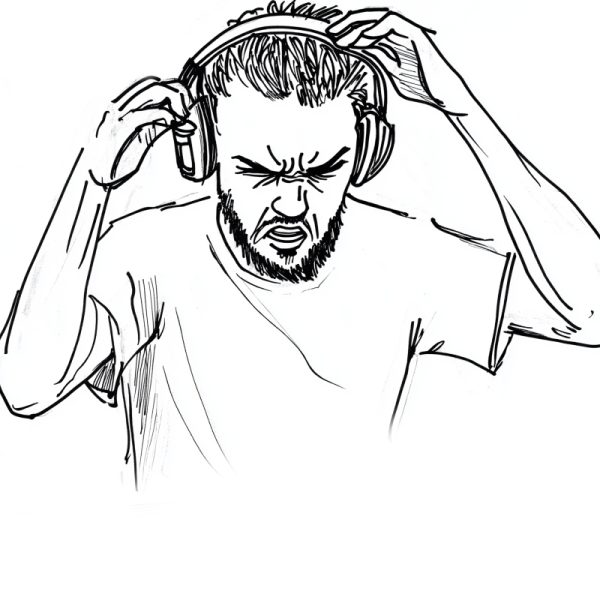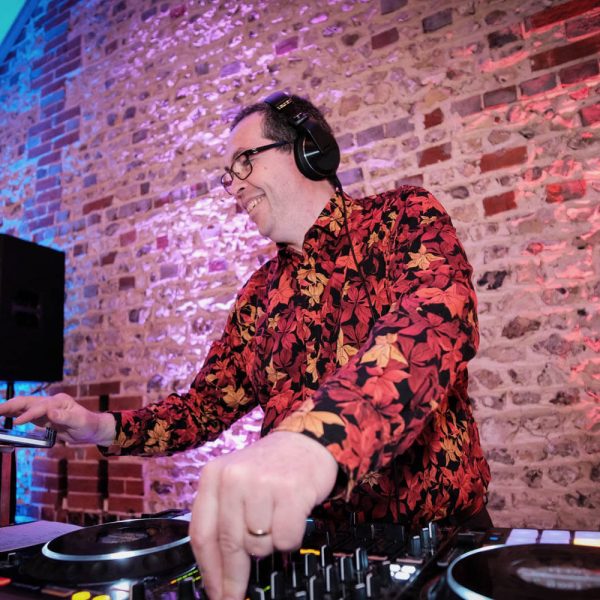This year we put out an open call on our social media asking, “What advice would you offer to new DJs?” Amazingly, almost 400 people responded. We summarised the key themes in an article, and it was striking how timeless the advice felt. “Be yourself.” “Play for the crowd (not yourself).” “Backup your music.” But the point that people kept coming back to, time and again, was: “Know your music.”
This was so self-evidently true to the people who offered the advice that no one explained why it’s important. So we tried to:
“As DJs, we play a certain track at a certain moment because we believe it will create a certain feeling on the dance floor. We don’t always get this right—the response might be nothing like we anticipated. But when we know our music well, we should more frequently get the dance floor outcome we expected…
“Beyond the track’s overall mood and affect, knowing your music also means you should have a sense of its key events. Things like breakdowns, the arrival of a vocal, a song’s bridge, an unexpected tempo shift, tracks that fade in or fade out—this is all crucial information that will shape how you mix, sequence, create loops and so on.”
Even if you’re an experienced DJ, it might be worth periodically (re)asking yourself: How well do I know my music?
